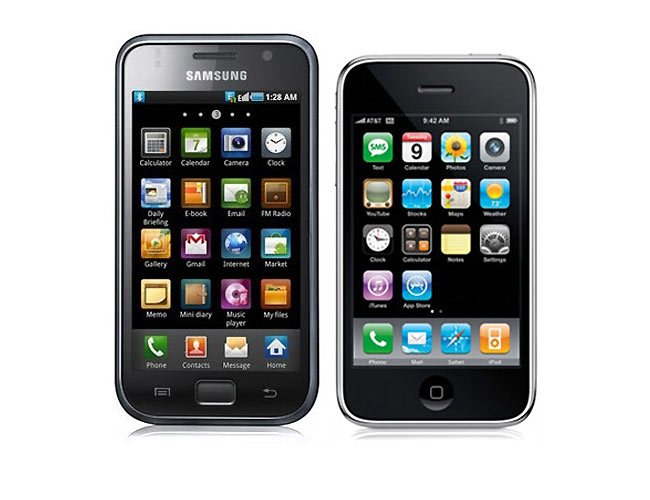Não resisti a copiar este bem conseguido título de um artigo da economist (1 de Setembro 2012) relacionado com a batalha judicial entre a Apple e a Samsung que aquela venceu obrigando esta a pagar 1000 milhões de dólares numa das mais avultadas sentenças de um processo de violação de patentes até hoje. E a questão permanece e já aqui a abordamos. As patentes, que foram criadas como forma de promoção e fomento da inovação, estão hoje a tornar-se perigosamente num dos seus principais adversários. Aguns comentários que não resisto a transcrever:
“A proliferation of patents harms the public in three ways. First, it means that technology companies will compete more at the courtroom than in the marketplace—precisely what seems to be happening. Second, it hampers follow-on improvements by firms that implement an existing technology but build upon it as well. Third, it fuels many of the American patent system’s broader problems, such as patent trolls (speculative lawsuits by patent-holders who have no intention of actually making anything); defensive patenting (acquiring patents mainly to pre-empt the risk of litigation, which raises business costs); and “innovation gridlock” (the difficulty of combining multiple technologies to create a single new product because too many small patents are spread among too many players).”
“Apple’s own early successes were founded on enhancing the best technologies that it saw, notably the graphical interface and mouse that were first invented at Xerox’s Palo Alto Research Centre. “It comes down to trying to expose yourself to the best things that humans have done—and then try to bring those things in to what you’re doing,” said Jobs in a television documentary, “Triumph of the Nerds”, in 1996. “And we have always been shameless about stealing great ideas.”
Vale a pena ler o artigo completo aqui.
